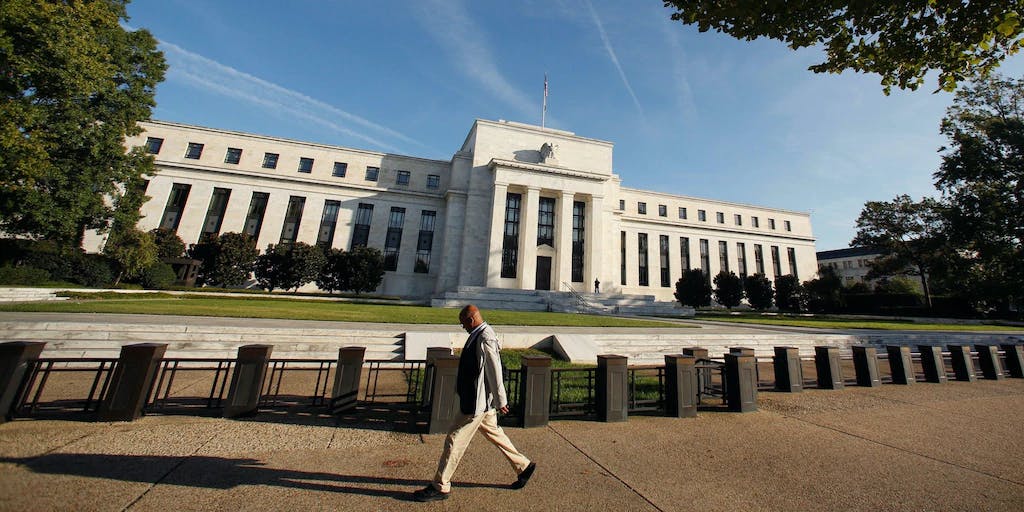 Business Insider
Business Insider
The Fed unveils top corporate-bond ETFs targeted in its $1.3 billion stimulus spree
The Federal Reserve's first week of corporate-credit exchange-traded fund purchases primarily drove cash into industry giants including the iShares iBoxx US Dollar Investment Grade Corporate Bond ETF and Vanguard's Intermediate-Term Corporate Bond ETF, a Friday release revealed.
The central bank boosted credit markets through the coronavirus pandemic after announcing its historic move into corporate-debt assets. Purchases of corporate-bond ETFs through the Secondary Market Corporate Credit Facility began on May 12. In the facility's first six days of operation, the Fed bought up $1.3 billion worth of ETFs over 158 transactions.
Read more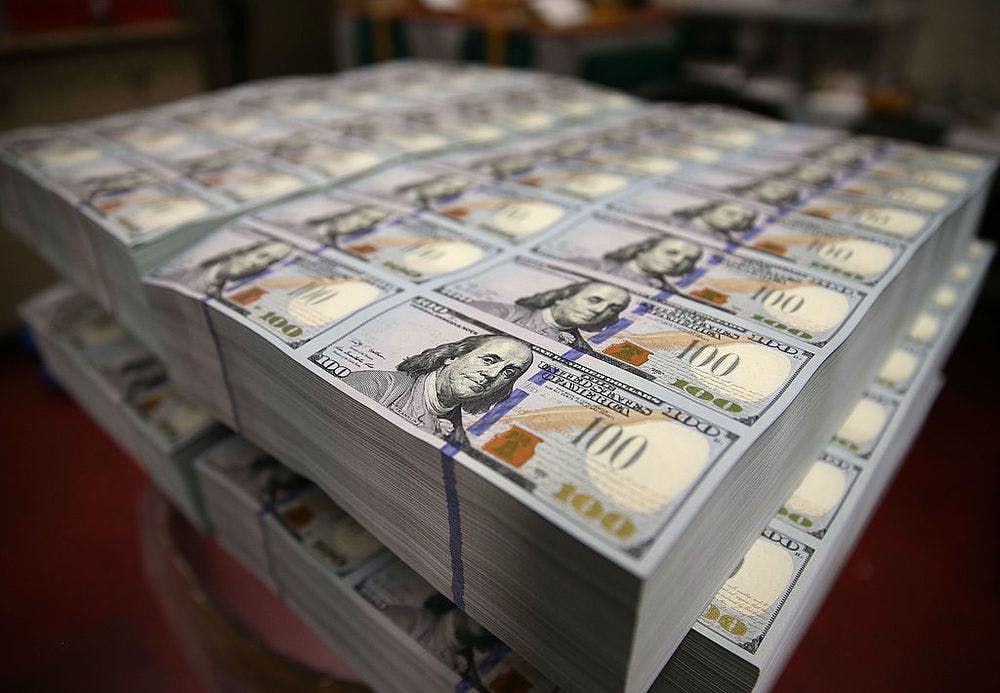 Bloomberg
Bloomberg
The Really Big Stock Bull Case Says Fed Stimulus Doesn’t Go Away
How willing will the Federal Reserve be just to switch off all the stimulus it rolled out to safeguard markets from the coronavirus? The most plausible answer is “not very,” logic that forms the most aggressive bull case on equities.
As anyone knows who has watched the rocky path to reopening cities and states, it’s hard to tell when to sound the all clear in waters as uncharted as they are now. Uncertainty dictates prudence. That’s the case in deciding when to allow people back to work, and will logically guide policy makers, too, when it comes to their measures that have kept markets in working order.
Read more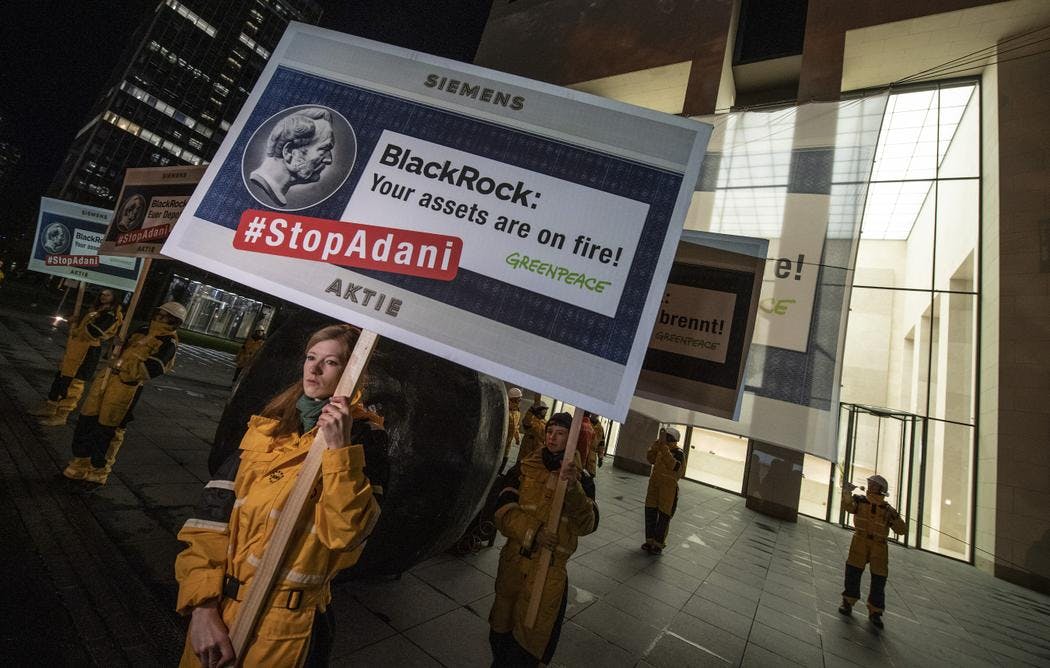 The American Prospect
The American Prospect
Unsanitized: BlackRock Is Buyer and Seller
Every thirty days, the Federal Reserve is required to provide periodic reports on its emergency lending facilities, including the ones set up through the CARES Act. For the first time, one of these reports, released on Friday, coincides with actual Fed purchases from its money cannon. Readers of Unsanitized this week will know that the Fed created trillions in wealth by backstopping financial markets without firing the cannon at all. But you can really only do that once; at some point you have to start spending to maintain credibility. The Fed’s doing so. What are they spending it on?
Read more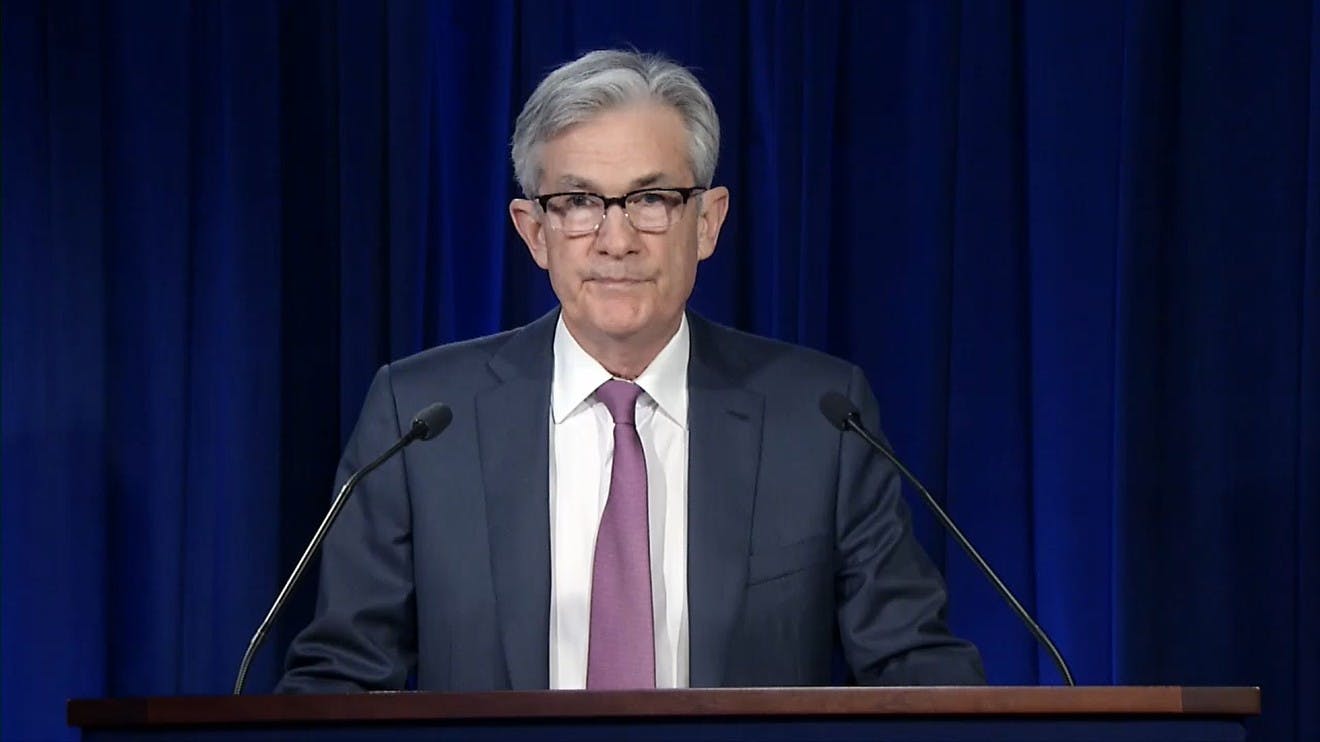 MarketWatch
MarketWatch
Here’s what the Fed will do next, according to a Goldman Sachs economist
The Federal Reserve is in a bit of a transition period, after cutting interest rates to nearly zero, revving up its quantitative easing program and enacting a host of lending programs to revive the lockdown-saddled U.S. economy.
While no major moves are expected at its next meeting in June, officials including New York Fed President John Williams have been discussing more far-reaching moves, including what’s called yield curve control.
Read more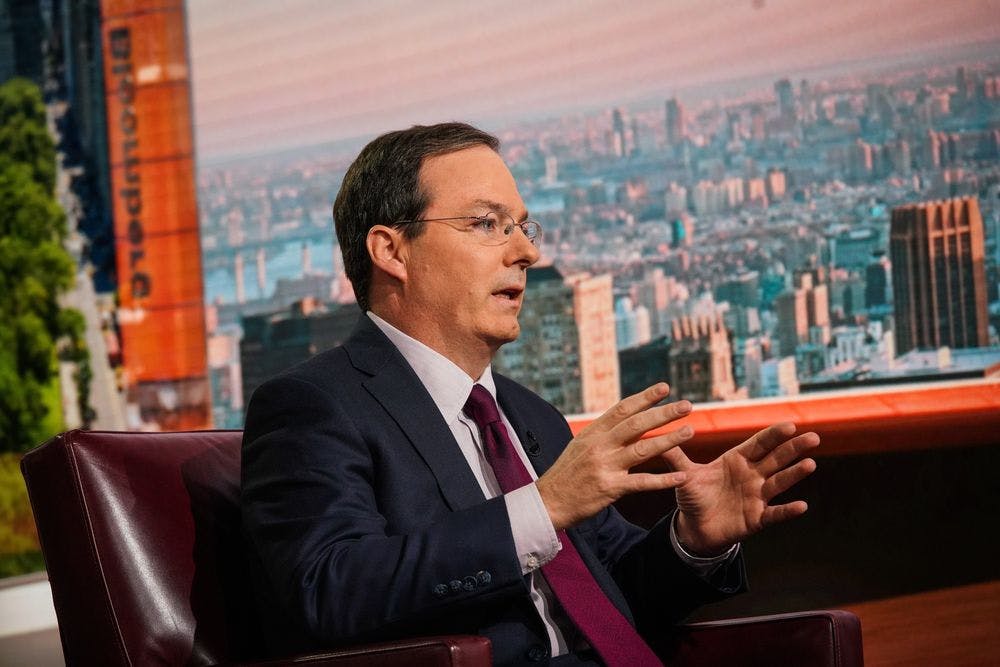 Bloomberg
Bloomberg
KKR’s McVey Sees Fed Turning Off ‘Liquidity Spigot’ Next Year
KKR & Co.’s Henry McVey has four words of caution for investors anticipating a never-ending flood of central bank liquidity into financial markets: “There is a limit.”
As soon as next year, governments will reach a “tipping point” at which point they can no longer easily sell new debt, McVey, KKR’s head of global macro, asset allocation and balance sheet investments, said in an interview Friday on Bloomberg Television. The so-called bond vigilantes of old, buyers once preoccupied with inflationary risk, will object to additional borrowing when federal debt reaches 150% of gross domestic product.
Read more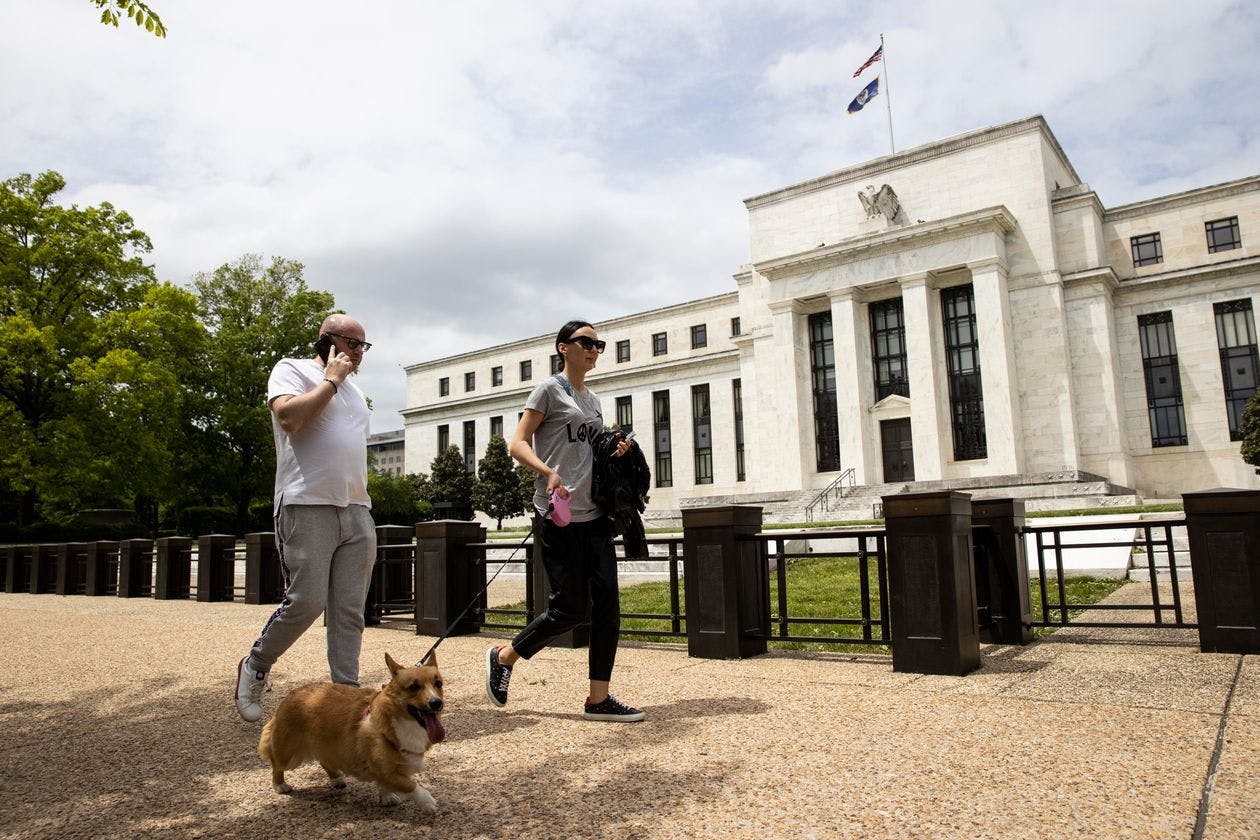 Wall Street Journal
Wall Street Journal
Federal Reserve Discloses Holdings of $1.3 Billion in Exchange-Traded Funds
The Federal Reserve’s first $1.3 billion of purchases of exchange-traded funds that invest in corporate bonds show that funds that focus on buying non-investment grade debt accounted for around one sixth of the central bank’s ETF purchases.
The Fed announced plans to backstop debts of investment-grade firms after the coronavirus pandemic led to a deep freeze across credit markets in mid-March, and it subsequently said in April it would backstop debt for so-called fallen angels, or firms that had been rated investment grade as of March 22 but were subsequently downgraded to junk status.
Read more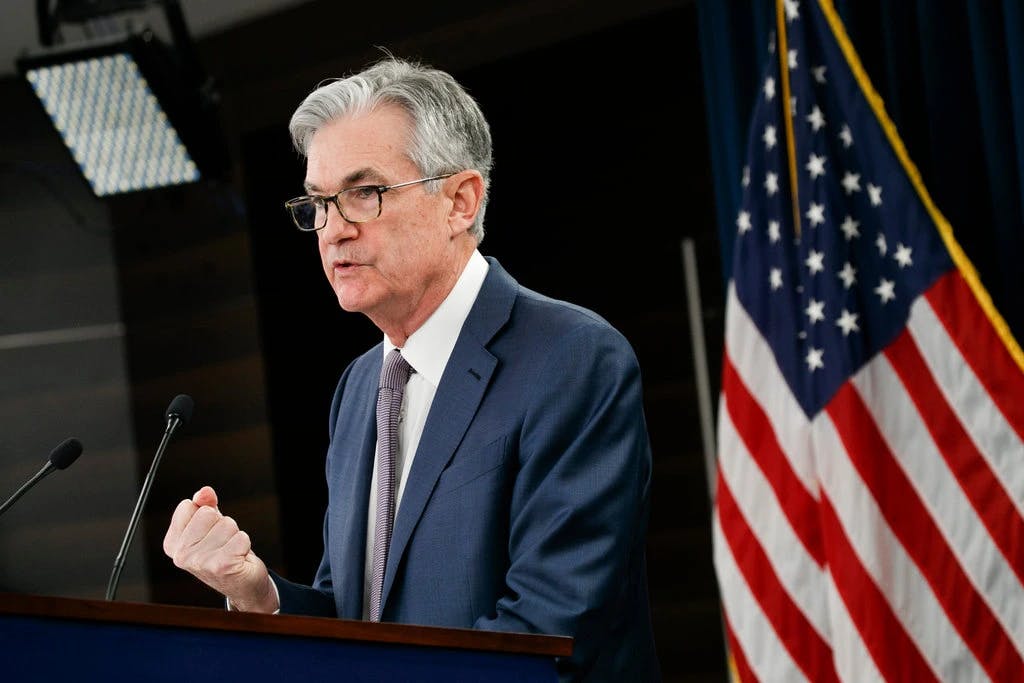 New York Times
New York Times
Powell Says Federal Reserve Crossed Red Lines to Help Economy
Jerome H. Powell, the chair of the Federal Reserve, said central bankers had seen the need to use their tools “to their fullest extent” as coronavirus lockdowns shuttered economies around the globe and caused United States unemployment to soar.
“We felt called to do what we could,” Mr. Powell said Friday during a Princeton University webinar.
“We crossed a lot of red lines, that had not been crossed before,” he said. He added that he was comfortable with what the Fed had done given “this is that situation in which you do that, and you figure it out afterward.”
Read more